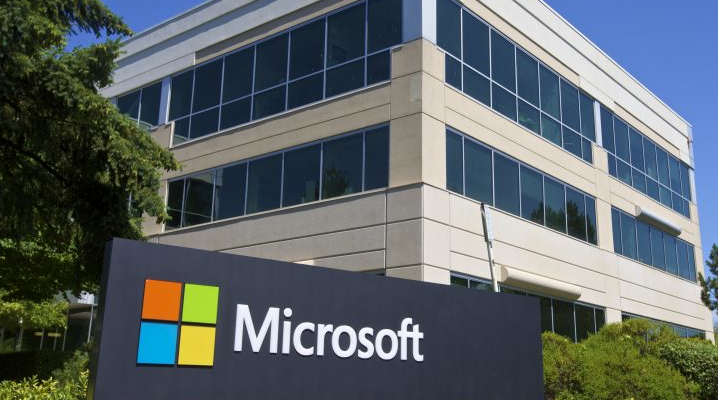 CLOUD
CLOUD
 CLOUD
CLOUD
 CLOUD
CLOUD
Google LLC today announced that it has filed an antitrust complaint against Microsoft Corp. with the European Commission, the European Union’s executive arm.
The move has to do with Windows Server. According to Google, a set of licensing terms that Microsoft applied to the operating system in 2019 harmed competition and raised costs for customers.
Windows Server is a version of Windows optimized for use in data centers. It includes system management and security features not included in the consumer version of the operating system. There are also capabilities geared toward cloud environments, such as a hotpatching tool that can install Windows updates in Azure instances without rebooting them.
Google’s antitrust complaint focuses on a licensing change that Microsoft rolled out to Windows Server in 2019. Under the revised usage terms, customers must pay additional fees if they wish to move their Windows Server licenses from Azure to rival platforms such as Google Cloud. According to the Alphabet Inc. unit, past statements from Microsoft indicate that those fees can increase the cost of running the operating system on rival clouds by 400% in some cases.
The search giant’s complaint flags other issues as well. According to Google, companies that wish to run Windows Server on third-party cloud platforms have more limited access to security patches than Azure users. The search giant argues that there are also “other interoperability barriers.”
“As cloud computing took off and promised to bring new benefits to European businesses, customers wanted to move their previously purchased licenses to other cloud providers, and in some cases to multiple clouds, to provide additional resiliency and security,” Google Cloud executives Amit Zavery and Tara Brady wrote in a blog post today. “Initially, Microsoft allowed them to do this. But as Azure faced more competition, Microsoft introduced new rules that severely limited customer choice.”
Google’s antitrust push comes about two years after CISPE, a trade association that represents two dozen cloud providers in the EU, filed a similar complaint. The consortium accused Microsoft of imposing “self-preferencing pricing and technical and economic lock-in” on customers.
CISPE withdrew its complaint earlier this year after reaching an agreement with Microsoft. As part of the deal, the company agreed to develop a product that will make it easier for cloud providers to deploy its software in their data centers. Additionally, Microsoft will reportedly pay CISPE $22 million to compensate its members for certain licensing costs and cover a number of other expenses.
“Microsoft settled amicably similar concerns raised by European cloud providers, even after Google hoped they would keep litigating,” Microsoft said in a statement. “Having failed to persuade European companies, we expect Google similarly will fail to persuade the European Commission.”
Antitrust complaints sent to the European Commission don’t necessarily lead to regulatory action. If the commission decides to launch an antitrust probe, as it did following Slack’s 2020 antitrust complaint against Microsoft, a decision could take years to finalize. The EU can issue fines over business practices that are found to breach competition law and order them to be changed.
THANK YOU